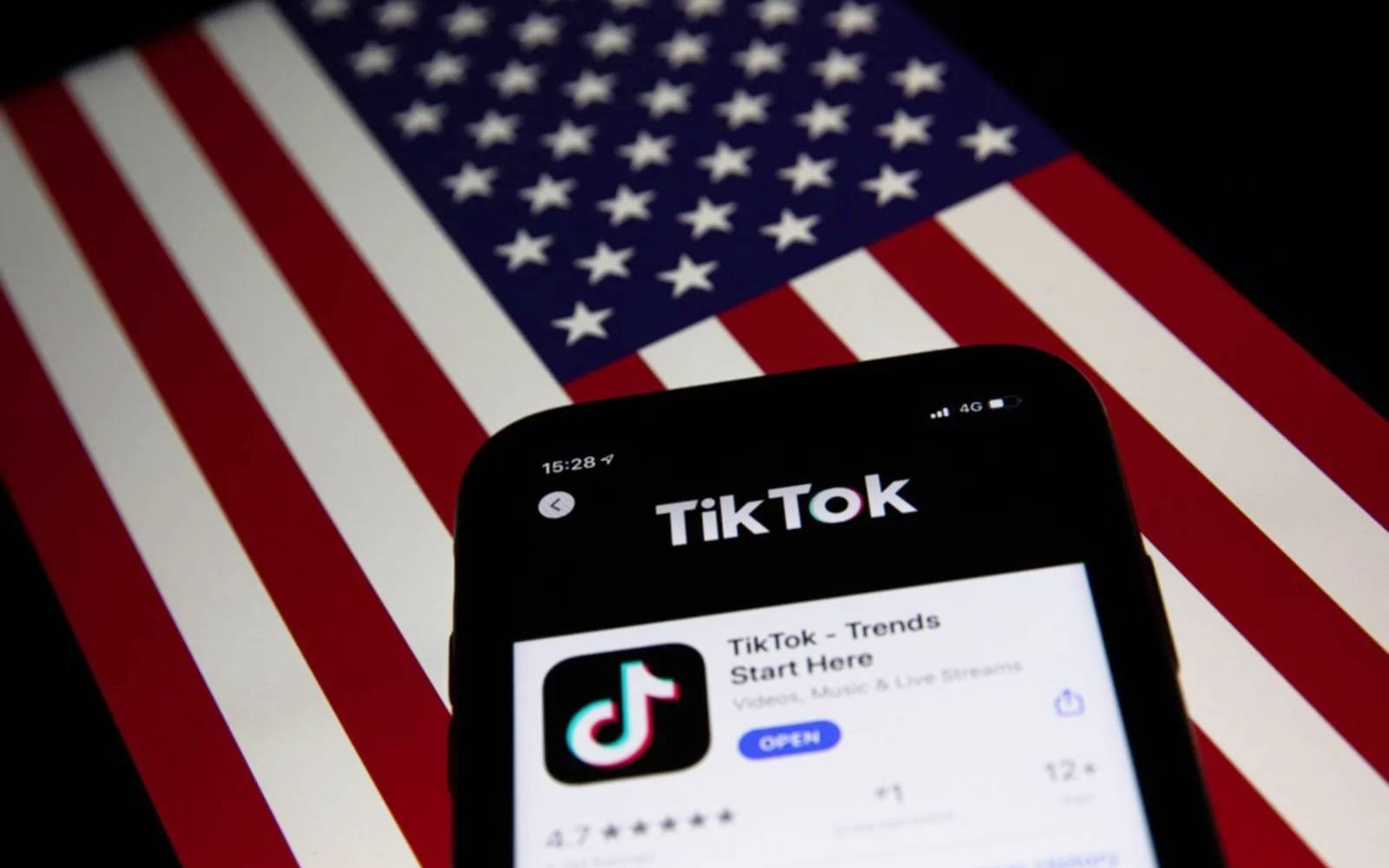For months, the fate of TikTok, the wildly popular video app used by 170 million Americans, hung in the balance. Now, a landmark deal has been sealed, shifting its US operations from Chinese ownership to a powerful consortium of American corporate giants, including Oracle, Silver Lake, and MGX. But beneath the surface of this corporate transaction lies a seismic shift in global digital power dynamics—one that African nations and tech observers are watching with intense scrutiny.
The narrative presented in Washington is one of national security. US lawmakers argued that the previous ownership under China’s ByteDance posed an unacceptable risk, with the potential for the personal data of American citizens to fall into the hands of the Chinese government. The solution, brokered and signed by former President Donald Trump, was not an outright ban but a forced divestment. The app’s US operations, its algorithms, and the trove of data it collects, have now been wrestled into the control of a coalition of US-based investors and corporations.
From Beijing, however, the move is viewed through a starkly different lens. Many see it as a blatant act of economic coercion—a “digital humiliation” where a thriving Chinese-born innovation was strong-armed into submission by American political and corporate might. It represents the most dramatic escalation yet in the ongoing tech cold war between the world’s two superpowers.
A Pan-African Perspective: Digital Sovereignty in a Fractured World
For Africa, a continent with a burgeoning digital economy and a rapidly growing youth population, the TikTok saga is more than a distant geopolitical squabble. It serves as a critical case study with profound implications.
On one hand, the US action could be interpreted as a reassertion of its monopoly over the global social media landscape. Platforms like Facebook, Instagram, and X (formerly Twitter) are already dominant across the continent. The absorption of TikTok’s US operations into this fold consolidates American influence over the digital public square. This raises urgent questions for African governments and regulators: In a world where data is the new oil, who truly controls the digital platforms upon which their citizens’ social and economic lives depend?
“This deal sets a dangerous and powerful precedent,” says Dr. Nneka Obi, a Lagos-based expert on technology policy. “It effectively states that if a foreign-owned tech platform becomes too dominant or is perceived as a security threat, a host nation can mandate a transfer of its core assets to local corporate control. The question for Africa is not if, but when this logic will be applied elsewhere—and to whom.”
Could this become a blueprint for “digital sovereignty” initiatives in Africa? Nations like Nigeria, Kenya, and South Africa are increasingly conscious of data localization and the economic value generated by their user bases. The TikTok model demonstrates a radical, albeit forceful, method for asserting national control over a segment of the digital ecosystem.
The Other Side of the Coin: A Chilling Effect on Innovation
Conversely, the forced sale of TikTok could have a chilling effect on the very innovation Africa seeks to foster. If global tech investment becomes subject to the whims of geopolitical tension, it may deter the cross-border capital and knowledge sharing essential for growing homegrown African tech unicorns. Why would a Chinese, or even a European, investor pour significant resources into a African tech startup if its future could be jeopardized by political mandates for a forced sale?
The world is now watching to see how this new precedent unfolds. Has America simply protected its national security, or has it weaponized its market power to dismantle a successful foreign competitor? The answer will resonate far beyond the borders of the US and China.
For Africa, the lesson is clear: the race for digital sovereignty is accelerating. The continent must now navigate this new terrain with strategic foresight, crafting policies that protect its citizens’ data and foster local innovation, without isolating itself from the global digital economy. The takeover of TikTok is not just an American story; it is a prologue to the next chapter of Africa’s own digital future.
The American Takeover of TikTok: A New Digital Colonialism or a Blueprint for Sovereignty?

Leave a Reply